
The Enchanting Niumakele Waterfall
Nestled in the heart of the Comoros archipelago, Niumakele Waterfall is a hidden gem waiting to be discovered by nature lovers and adventure seekers. This stunning waterfall is surrounded by lush tropical vegetation, making it a perfect spot for those looking to escape the hustle and bustle of everyday life and immerse themselves in the serenity of nature. A trek through the dense forest will lead you to this magnificent waterfall, where you can hear the soothing sound of water cascading down the rocks. The journey to Niumakele is an adventure in itself, offering glimpses of the rich biodiversity of the region. Keep an eye out for exotic birds and vibrant flowers along the way. Once you reach the waterfall, you can take a refreshing dip in the cool, clear pool at its base or simply relax on the rocks and enjoy the tranquil atmosphere. The area around Niumakele Waterfall is also perfect for picnicking, so pack a lunch and take in the breathtaking views while you dine. Whether you are seeking adventure or relaxation, Niumakele Waterfall offers an unforgettable experience for all travelers.
Local tips in Niumakele Waterfall
- Wear comfortable hiking shoes as the trek to the waterfall can be challenging.
- Bring insect repellent to protect yourself from mosquitoes during the hike.
- Pack a picnic lunch to enjoy near the waterfall, but remember to take all your trash with you.
- Visit early in the day to avoid the heat and have the place to yourself.
- Don't forget your swimsuit if you plan to take a dip in the waterfall's pool.
The Enchanting Niumakele Waterfall
Nestled in the heart of the Comoros archipelago, Niumakele Waterfall is a hidden gem waiting to be discovered by nature lovers and adventure seekers. This stunning waterfall is surrounded by lush tropical vegetation, making it a perfect spot for those looking to escape the hustle and bustle of everyday life and immerse themselves in the serenity of nature. A trek through the dense forest will lead you to this magnificent waterfall, where you can hear the soothing sound of water cascading down the rocks. The journey to Niumakele is an adventure in itself, offering glimpses of the rich biodiversity of the region. Keep an eye out for exotic birds and vibrant flowers along the way. Once you reach the waterfall, you can take a refreshing dip in the cool, clear pool at its base or simply relax on the rocks and enjoy the tranquil atmosphere. The area around Niumakele Waterfall is also perfect for picnicking, so pack a lunch and take in the breathtaking views while you dine. Whether you are seeking adventure or relaxation, Niumakele Waterfall offers an unforgettable experience for all travelers.
When is the best time to go to Niumakele Waterfall?
Iconic landmarks you can’t miss
Prince Said Ibrahim International Airport
Explore the enchanting Comoros islands through Prince Said Ibrahim International Airport, a charming gateway to lush landscapes and vibrant cultures.
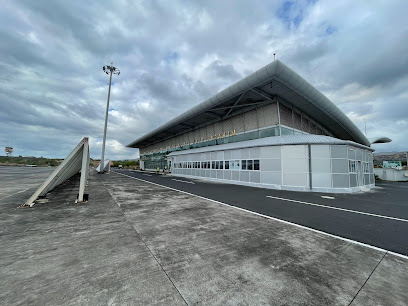
Moheli Laka Lodge
Discover tranquility and adventure at Moheli Laka Lodge, your tropical paradise in the stunning Comoros Islands.

Bouni Beach
Experience the idyllic beauty of Bouni Beach in the Comoros, a serene paradise for relaxation, adventure, and unforgettable sunsets.
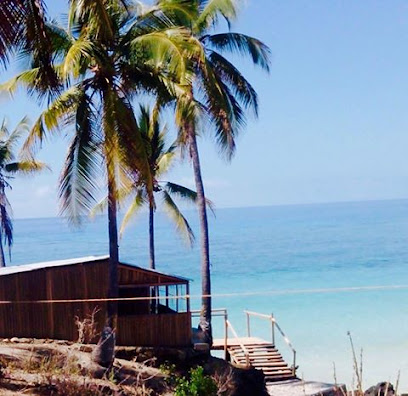
Dos du Dragon
Explore the breathtaking landscapes and rich culture at Dos du Dragon, a must-visit tourist attraction in Mitsamiouli, Comoros.
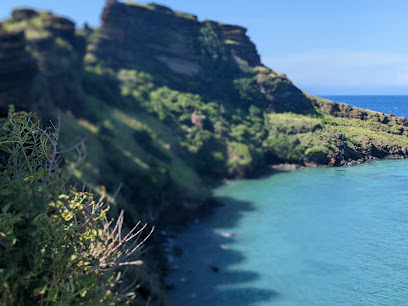
Le Trou Du Prophète
Experience the breathtaking beauty and serene atmosphere of Le Trou Du Prophète, a hidden gem in Mitsamiouli, Comoros, perfect for relaxation and adventure.
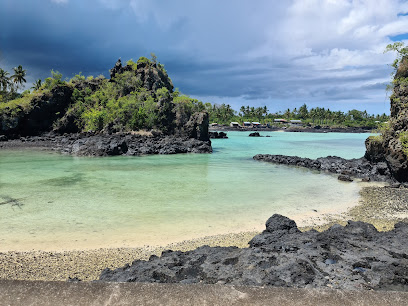
Akili Travel
Experience the enchanting beauty of Comoros with Akili Travel, your premier travel agency for wildlife adventures and cultural exploration.
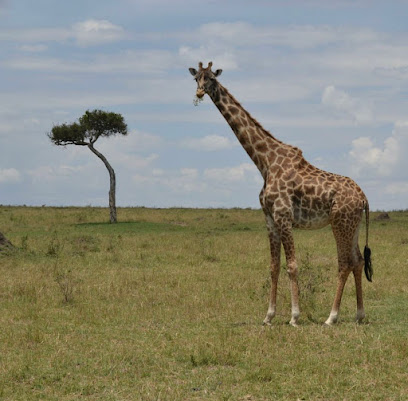
Adore Comores
Explore the breathtaking beauty of the Comoros Islands with Adore Comores and discover a unique blend of adventure, culture, and nature.
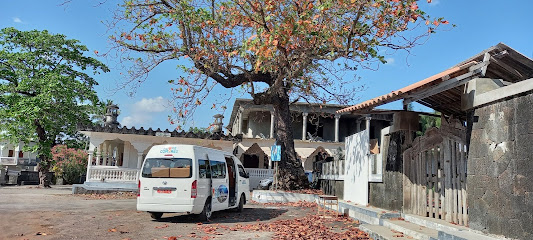
Plage de Moya
Experience the untouched beauty and tranquility of Plage de Moya, a hidden beachfront paradise in the Comoros Islands.
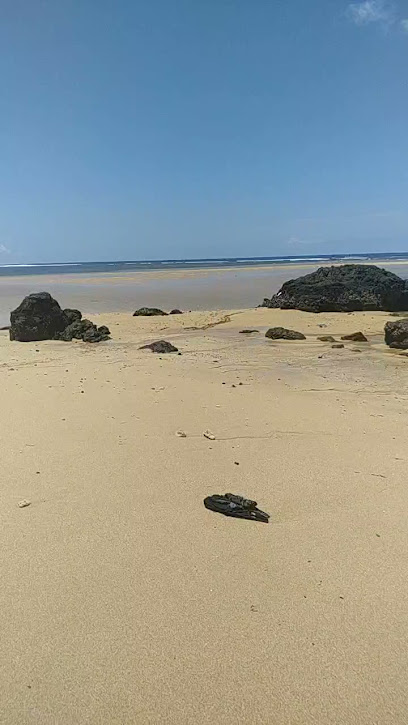
Mosquée Mssihiri wa Cheik Ahmed
Explore the stunning Mosquée Mssihiri wa Cheik Ahmed in Moroni, a serene mosque showcasing intricate architecture and rich cultural heritage.
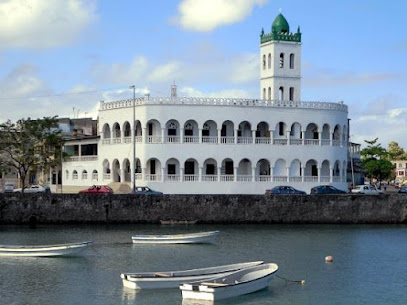
Youssouf Madi Masjid
Explore the architectural beauty and spiritual ambiance of Youssouf Madi Masjid in Fomboni, an iconic symbol of Comoros' rich Islamic heritage.
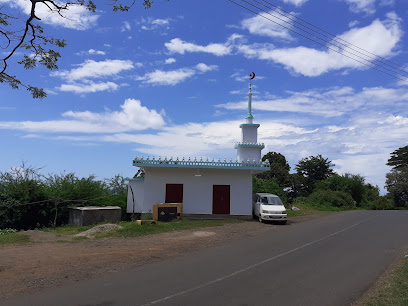
Le Gala - Mohéli
Explore the captivating charms of Le Gala in Mohéli, where stunning landscapes and rich culture await every traveler.
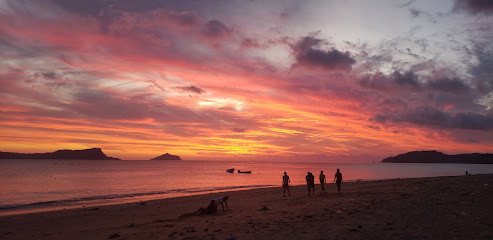
Essential places to dine
Retaj Moroni Hotel
Discover comfort at Retaj Moroni Hotel—your gateway to explore the enchanting beauty of Comoros with local hospitality.

Restaurant & Grill Le Coraya
Discover authentic Comorian cuisine at Restaurant & Grill Le Coraya in Itsandra - where every dish tells a story.
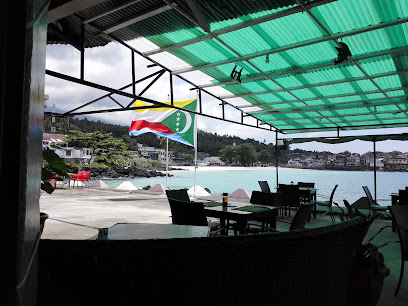
Moheli Laka Lodge
Experience serene accommodations and stunning nature at Moheli Laka Lodge in Comoros - your gateway to adventure and relaxation.

MoCafe
Discover the flavors of Comoros at MoCafe in Moroni—where local cuisine meets warm hospitality in a vibrant setting.
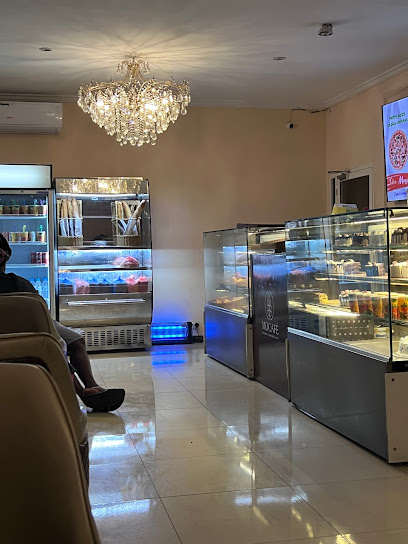
Restaurant L'Escale
Experience authentic Comorian cuisine at Restaurant L'Escale in Moroni—where local flavors meet stunning views.
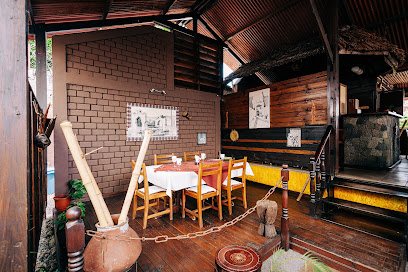
Wasta Boulangerie snack
Experience authentic Comorian flavors at Wasta Boulangerie in Asgaraly Moroni—where every bite tells a story.
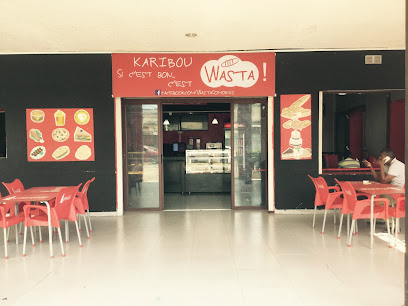
New Select Restaurant
Experience the vibrant culinary scene at New Select Restaurant in Moroni, where local flavors meet international cuisine in a welcoming atmosphere.
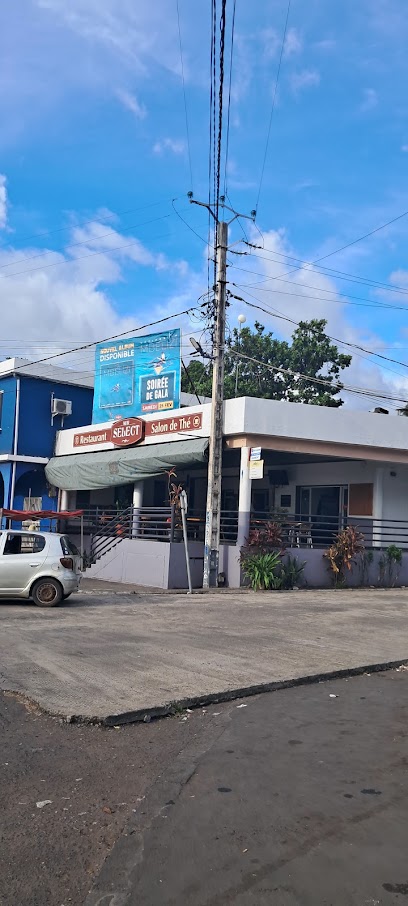
Bouni Beach
Discover tranquility at Bouni Beach in Comoros - where crystal-clear waters meet pristine sands in a serene tropical paradise.
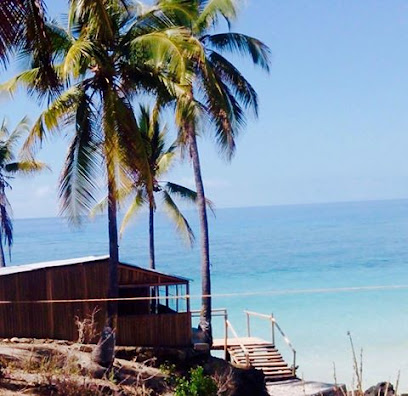
Dos du Dragon
Experience breathtaking views and local culture at Dos du Dragon, a top tourist attraction in Mitsamiouli, Comoros.
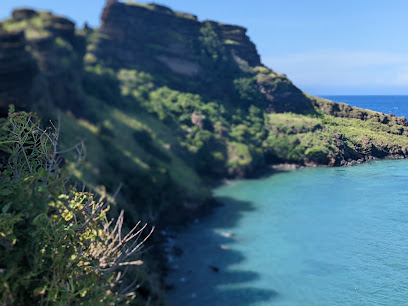
CHEZ NINI BAR GRILL
Discover the culinary delights at Chez Nini Bar Grill in Mitsamiouli - where local flavors meet international cuisine.
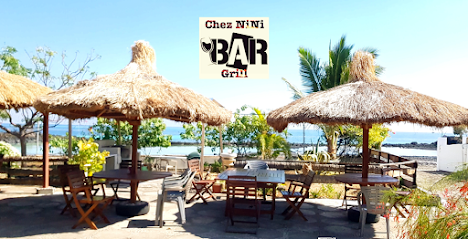
Hôtel Le Refuge Kpark
Discover tranquility at Hôtel Le Refuge Kpark in Barakani – your ultimate wellness retreat with outdoor pool and exquisite dining.
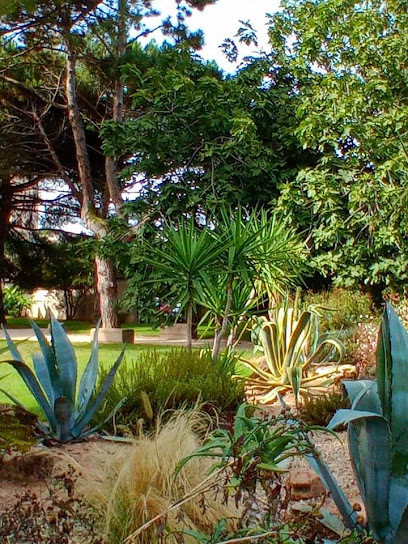
Miari-resto
Experience authentic Comorian cuisine at Miari-Resto in Fomboni, where delicious flavors meet warm hospitality.
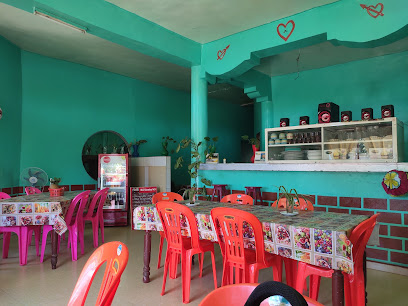
L'AQUARIUM SARL
Experience authentic Comorian cuisine at L'Aquarium Sarl in Mvouni - where fresh seafood meets vibrant culture.
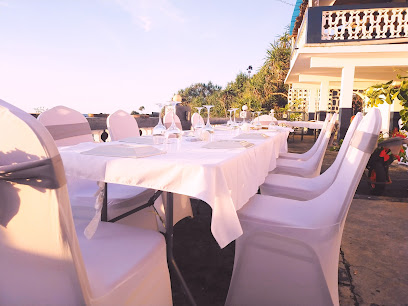
Délices Fruités
Discover authentic Comorian flavors at Délices Fruités in Moroni—where every dish tells a story of island life.
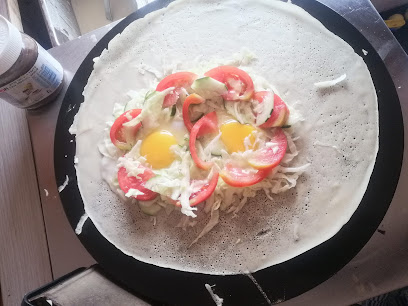
Chez Med Resto
Experience authentic Comorian cuisine at Chez Med Resto in Moroni – where every dish tells a story.

Markets, malls and hidden boutiques
Restaurant & Grill Le Coraya
Discover the exquisite tastes of Comoros at Restaurant & Grill Le Coraya, where local flavors meet international cuisine in a stunning setting.
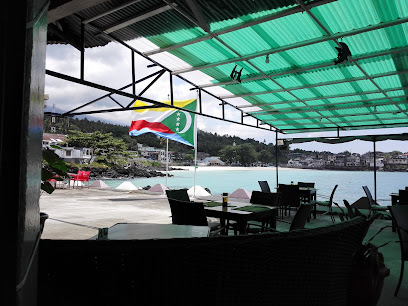
Moheli Laka Lodge
Experience the enchanting beauty of Moheli at Moheli Laka Lodge, where relaxation meets adventure in the heart of the Comoros.

Wasta Boulangerie snack
Experience the authentic flavors of Comoros at Wasta Boulangerie, your go-to destination for delicious pastries and local snacks.
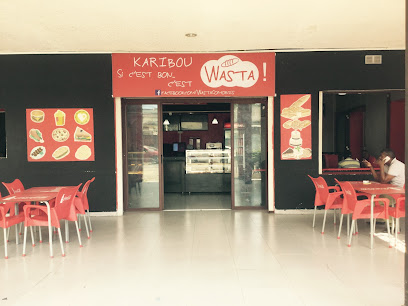
Bouni Beach
Discover the serene beauty of Bouni Beach in Comoros, a perfect blend of relaxation and adventure in a tropical paradise.
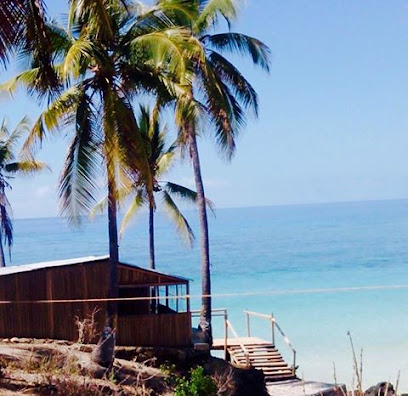
Dos du Dragon
Explore the breathtaking landscapes and adventure trails at Dos du Dragon, a hidden gem in Mitsamiouli, Comoros.
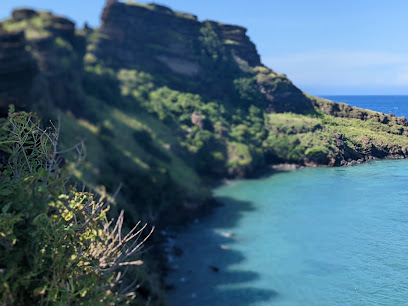
Le Trou Du Prophète
Experience the beauty and culture of Comoros at Le Trou Du Prophète, a serene recreation center perfect for adventures and relaxation.
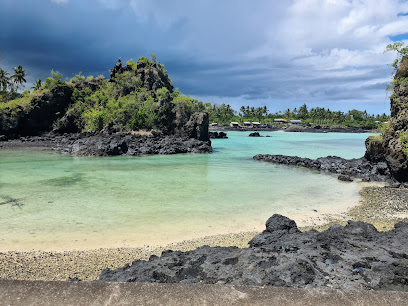
New-Bazar Minimarche
Explore local flavors and vibrant culture at New-Bazar Minimarche in Moroni, Comoros - your gateway to authentic Comorian shopping experiences.
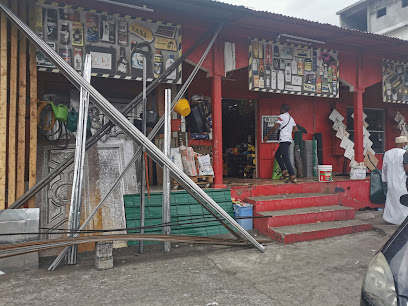
Akili Travel
Explore the enchanting landscapes and rich wildlife of Comoros with Akili Travel, your trusted travel agency for unforgettable adventures.
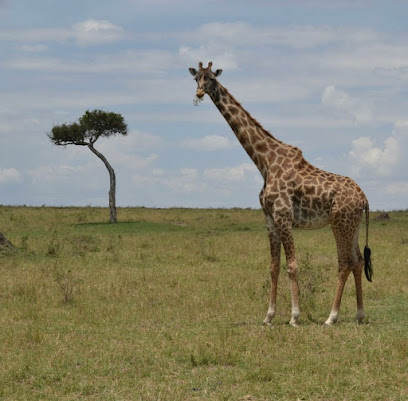
Adore Comores
Discover the beauty and culture of Comoros with Adore Comores – your gateway to unforgettable island adventures.
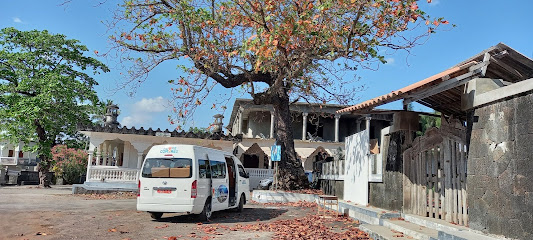
Plage de Moya
Experience the tranquility and natural beauty of Plage de Moya, a hidden gem in Comoros perfect for relaxation and exploration.
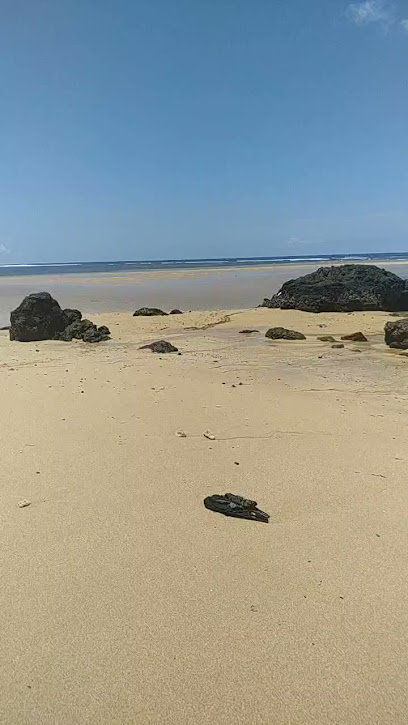
Mosquée Mssihiri wa Cheik Ahmed
Experience the beauty and serenity of Mosquée Mssihiri wa Cheik Ahmed, a cultural gem in Moroni, reflecting the rich heritage of the Comoros Islands.
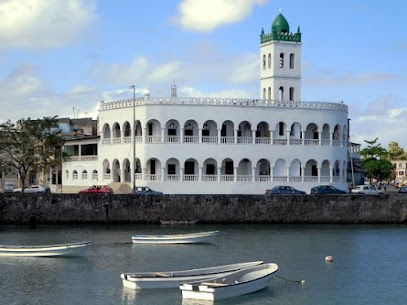
Place Chindoni
Discover the essence of Comoros at Place Chindoni, a vibrant shopping mall blending local culture and modern retail experiences.
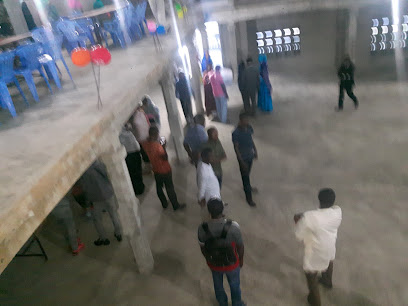
Youssouf Madi Masjid
Discover the serene beauty of Youssouf Madi Masjid, a cultural gem in Fomboni, Comoros, blending spirituality and architectural elegance.
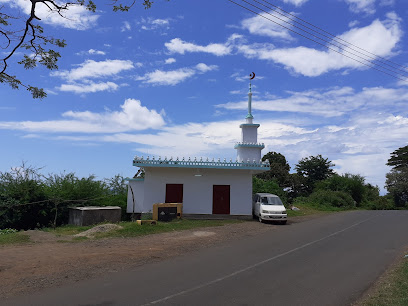
Le Gala - Mohéli
Explore the serene landscapes and vibrant culture of Le Gala in Mohéli, Comoros, a perfect destination for relaxation and adventure.
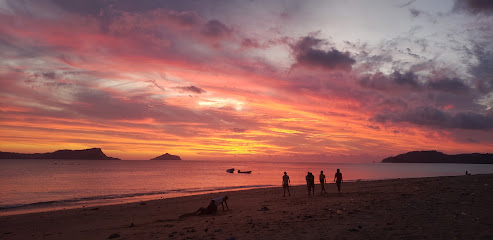
MAG MARKET
Explore MAG MARKET in Moroni, Comoros for a delightful shopping experience with local flavors and international goods.
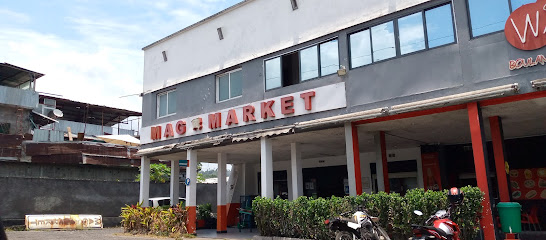
Essential bars & hidden hideouts
Retaj Moroni Hotel
Experience the charm of Comoros at Retaj Moroni Hotel, where comfort meets culture in the heart of Moroni.

Restaurant & Grill Le Coraya
Savor the authentic taste of Comoros at Restaurant & Grill Le Coraya, where exquisite flavors meet a welcoming ambiance.
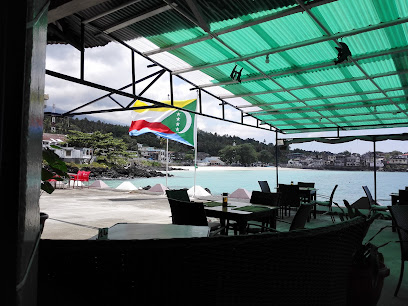
Moheli Laka Lodge
Experience the serene beauty of Moheli at Laka Lodge, your perfect getaway in the heart of Comoros' stunning landscapes.

MoCafe
Experience the vibrant flavors of Moroni at MoCafe, a must-visit restaurant offering local and international dishes in a welcoming atmosphere.
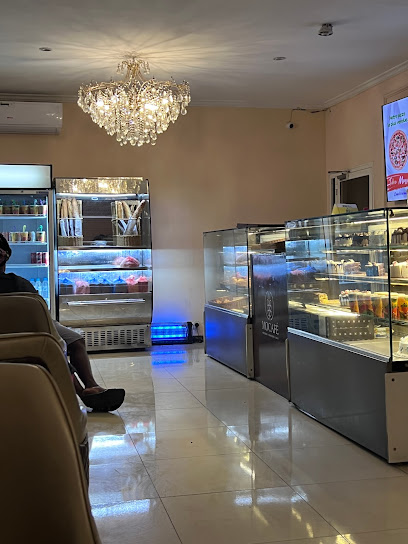
Restaurant L'Escale
Experience the rich flavors of Comoros at Restaurant L'Escale, offering a unique fusion of traditional cuisine in a warm and inviting setting.
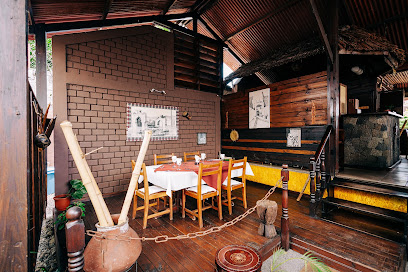
Wasta Boulangerie snack
Experience the authentic flavors of Comoros at Wasta Boulangerie, a cozy eatery in Asgaraly offering delicious local snacks and baked delights.
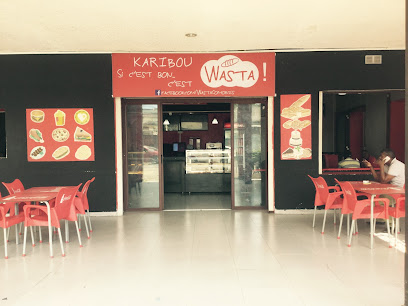
New Select Restaurant
Experience the rich culinary heritage of Comoros at New Select Restaurant in Moroni, where every meal is a flavorful journey.
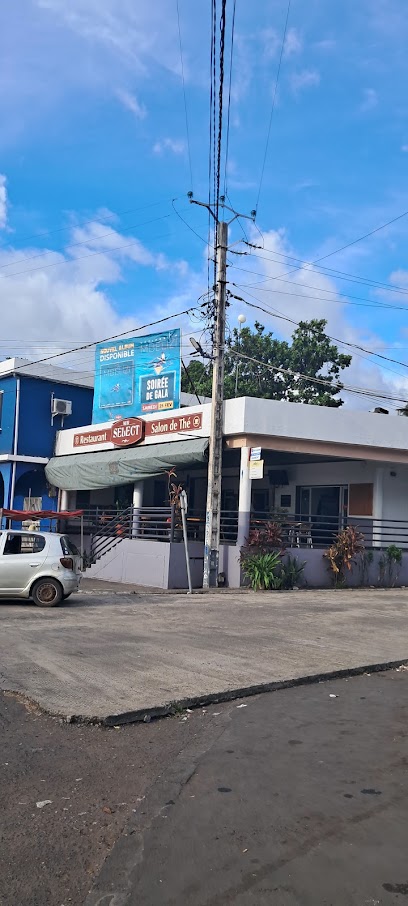
Bouni Beach
Discover the serene beauty of Bouni Beach, a tropical paradise in Comoros, perfect for relaxation, adventure, and unforgettable sunsets.
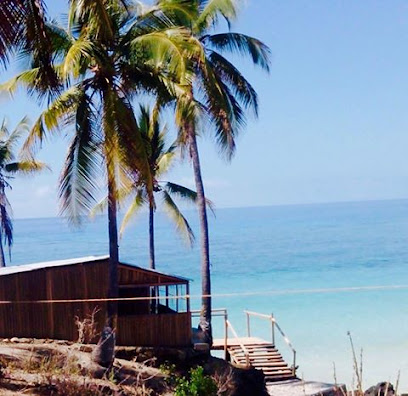
Dos du Dragon
Explore the breathtaking natural beauty and rich cultural heritage of Dos du Dragon, a must-visit tourist attraction in Comoros.
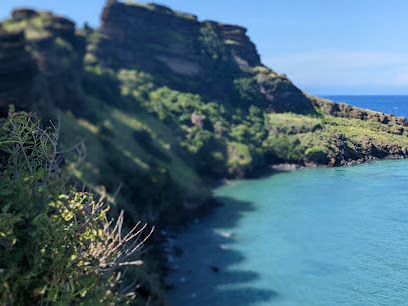
CHEZ NINI BAR GRILL
Discover the authentic taste of Comoros at Chez Nini Bar Grill, a culinary gem in Mitsamiouli offering fresh, grilled delights and a welcoming atmosphere.
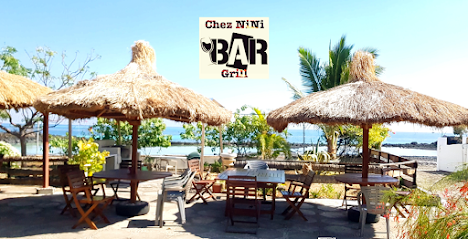
Akili Travel
Discover the stunning landscapes and vibrant wildlife of Comoros with Akili Travel, your expert guide to unforgettable adventures.
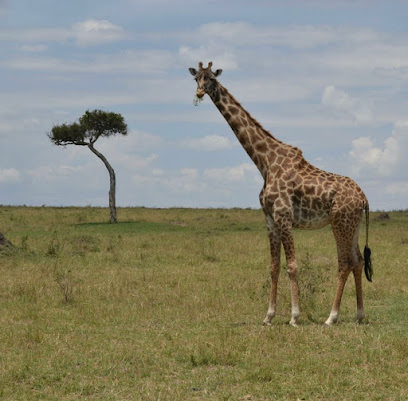
Adore Comores
Discover the Comoros Islands with Adore Comores – where adventure meets cultural immersion in paradise.
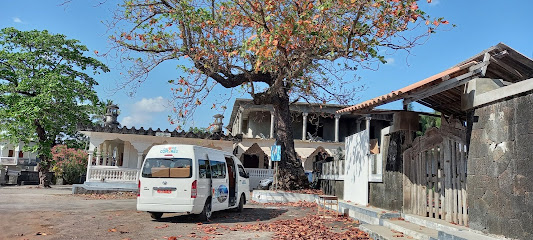
Comptoir des Iles-Al Quitoir
Experience the charm of Comoros at Comptoir des Iles-Al Quitoir, your serene getaway in Mutsamudu with comfort and local culture.

Plage de Moya
Experience the tranquil beauty of Plage de Moya, a serene beach in Comoros perfect for relaxation, swimming, and stunning sunsets.
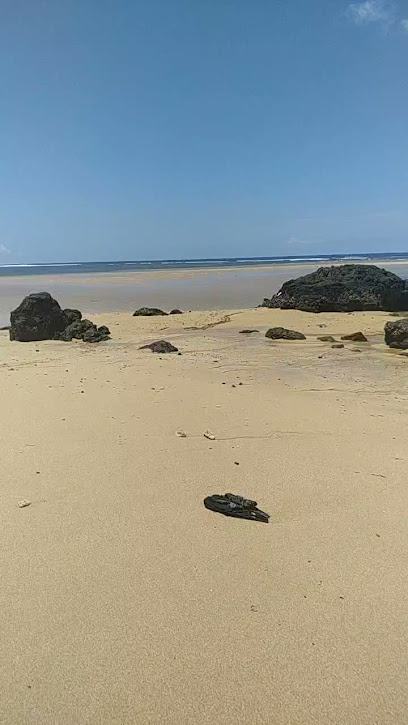
Local Phrases about Niumakele Waterfall
-
- HelloSalam
[sa-laam] - GoodbyeKwaherini
[kwa-he-ri-ni] - YesEewa
[ee-wa] - NoOwa
[o-wa] - Please/You're welcomeBaraka
[ba-ra-ka] - Thank youShukrani
[shu-kra-ni] - Excuse me/SorrySamahani
[sa-ma-ha-ni] - How are you?Habari gani?
[ha-ba-ri ga-ni] - Fine. And you?Salama. Na wewe?
[sa-la-ma. na we-we] - Do you speak English?Unazungumza Kiingereza?
[u-na-zun-gum-za ki-in-ge-re-za] - I don't understandSielewi
[sie-le-wi]
- HelloSalam
-
- I'd like to see the menu, pleaseNaomba kuona menyu, tafadhali
[na-om-ba ku-o-na me-nyu, ta-fa-da-li] - I don't eat meatSili nyama
[si-li nya-ma] - Cheers!Kwa afya!
[kwa af-ya] - I would like to pay, pleaseNaomba kulipa, tafadhali
[na-om-ba ku-li-pa, ta-fa-da-li]
- I'd like to see the menu, pleaseNaomba kuona menyu, tafadhali
-
- Help!Msaada!
[m-sa-a-da] - Go away!Nenda zako!
[nen-da za-ko] - Call the Police!Piga simu polisi!
[pi-ga si-mu po-li-si] - Call a doctor!Piga simu daktari!
[pi-ga si-mu da-kta-ri] - I'm lostNimepotea
[ni-me-po-te-a] - I'm illMimi ni mgonjwa
[mi-mi ni m-go-nj-wa]
- Help!Msaada!
-
- I'd like to buy...Ningependa kununua...
[ni-nge-pen-da ku-nu-nua] - I'm just lookingNinatazama tu
[ni-na-ta-za-ma tu] - How much is it?Bei ni kiasi gani?
[bei ni ki-a-si ga-ni] - That's too expensiveHilo ni ghali sana
[hi-lo ni gha-li sa-na] - Can you lower the price?Unaweza kupunguza bei?
[u-na-we-za ku-pun-gu-za bei]
- I'd like to buy...Ningependa kununua...
-
- What time is it?Ni saa ngapi?
[ni sa-a ng-a-pi] - It's one o'clockNi saa moja
[ni sa-a mo-ja] - Half past (10)Saa tano kamili
[sa-a ta-no ka-mi-li] - MorningAsubuhi
[a-su-bu-hi] - AfternoonMchana
[m-cha-na] - EveningJioni
[jo-ni] - YesterdayJana
[ja-na] - TodayLeo
[le-o] - TomorrowKesho
[ke-sho] - 1Moja
[mo-ja] - 2Mbili
[m-bi-li] - 3Tatu
[ta-tu] - 4Nne
[n-ne] - 5Tano
[ta-no] - 6Sita
[si-ta] - 7Saba
[sa-ba] - 8Nane
[na-ne] - 9Tisa
[ti-sa] - 10Kumi
[ku-mi]
- What time is it?Ni saa ngapi?
-
- Where's a/the...?Iko wapi...?
[i-ko wa-pi] - What's the address?Anwani ni ipi?
[an-wa-ni ni i-pi] - Can you show me (on the map)?Unaweza kunionyesha (kwenye ramani)?
[u-na-we-za ku-ni-o-nye-sha (kwe-ne ra-ma-ni)] - When's the next (bus)?Ni lini basi lifuata?
[ni li-ni ba-si li-fua-ta] - A ticket (to ....)Tiketi (kwenda ....)
[ti-ke-ti (kwen-da)]
- Where's a/the...?Iko wapi...?
History of Niumakele Waterfall
-
The history of Niumakele Waterfall and its surrounding area dates back to ancient times. Archaeological evidence suggests that early settlers in Comoros were aware of the waterfall and considered it a sacred site. These early inhabitants left behind various artifacts and structures that indicate the area's longstanding cultural and spiritual significance.
-
During the colonial era, the Niumakele Waterfall area came under the influence of both the French and the Arab traders. The waterfall's strategic location made it a point of interest for colonial authorities who documented its natural beauty and potential for hydroelectric power. Historical records from this period describe the lush vegetation and unique biodiversity surrounding the waterfall, attracting the attention of European naturalists.
-
Niumakele Waterfall is steeped in local folklore. One of the most famous legends involves a mythical spirit believed to inhabit the waterfall. According to tradition, this spirit protects the land and its people, and local communities often perform rituals and ceremonies to honor it. These stories have been passed down through generations and remain a vital part of the cultural fabric of the region.
-
In recent decades, Niumakele Waterfall has become a focal point for conservation efforts. Environmental groups and local authorities have worked together to preserve the area’s natural beauty and ecological importance. These initiatives have included sustainable tourism practices and educational programs aimed at raising awareness about the waterfall's environmental significance.
Niumakele Waterfall Essentials
-
Niumakele Waterfall is located on the island of Anjouan in the Comoros archipelago. The nearest international airport is Ouani Airport in Anjouan. From Ouani Airport, you can take a taxi or arrange for private transportation to the Niumakele region, which is approximately a 1-hour drive. Alternatively, you can take a ferry from the other islands in the Comoros to Anjouan and then proceed by road to the waterfall.
-
Public transportation options in Anjouan are limited, so arranging for private transport or renting a vehicle is recommended. Taxis are available but may not always be metered, so it's best to agree on a fare beforehand. For those who prefer a more immersive experience, hiring a local guide can also be an excellent way to explore the area.
-
The official currency of Comoros is the Comorian Franc (KMF). Cash is essential as credit card acceptance is limited, especially in rural areas like Niumakele. It is advisable to carry sufficient cash for your trip. ATMs are available in major towns, but it is wise to withdraw money before heading to remote areas.
-
Niumakele Waterfall and its surrounding areas are generally safe for tourists. However, it is always prudent to exercise standard safety precautions. Avoid walking alone at night and keep an eye on your belongings in crowded places. While there are no specific high-crime areas targeting tourists, staying vigilant and aware of your surroundings is always recommended.
-
In case of an emergency, dial 17 for police assistance or 18 for medical emergencies. The nearest medical facilities are located in Mutsamudu, the capital of Anjouan, which is about an hour's drive from Niumakele. It is also recommended to have travel insurance that covers medical emergencies. Pharmacies are available in larger towns for minor health issues and over-the-counter medications.
-
Fashion: Do dress modestly, especially when visiting villages or religious sites. Avoid wearing revealing clothing. Religion: Do respect local customs and traditions. Always ask for permission before taking photos of people or religious sites. Public Transport: Do be respectful and patient as public transport can be sporadic. Don't expect punctuality. Greetings: Do greet people with a smile and a handshake. A simple 'Salam' (hello) is appreciated. Eating & Drinking: Do try local dishes and accept food offerings graciously. Don’t refuse hospitality, as it is considered impolite.
-
To experience Niumakele Waterfall like a local, consider hiring a local guide who can provide insights into the area’s history and culture. Engage with the residents of nearby villages; they are often friendly and eager to share stories. Visit the local markets where you can buy fresh produce and traditional Comorian goods. Don't miss tasting local delicacies such as 'Langouste à la vanille' (lobster with vanilla) and 'Mkatra Foutra' (Comorian bread).
Nearby Cities to Niumakele Waterfall
-
Things To Do in Iconi
-
Things To Do in Ouani
-
Things To Do in Domoni
-
Things To Do in Acoua
-
Things To Do in Chiconi
-
Things To Do in Sada
-
Things To Do in Koungou
-
Things To Do in Mamoudzou
-
Things To Do in Dembeni
-
Things To Do in Chirongui
-
Things To Do in Bandrele
-
Things To Do in Mahajanga
-
Things To Do in Majunga
-
Things To Do in Nosy Be
-
Things To Do in Antsiranana







